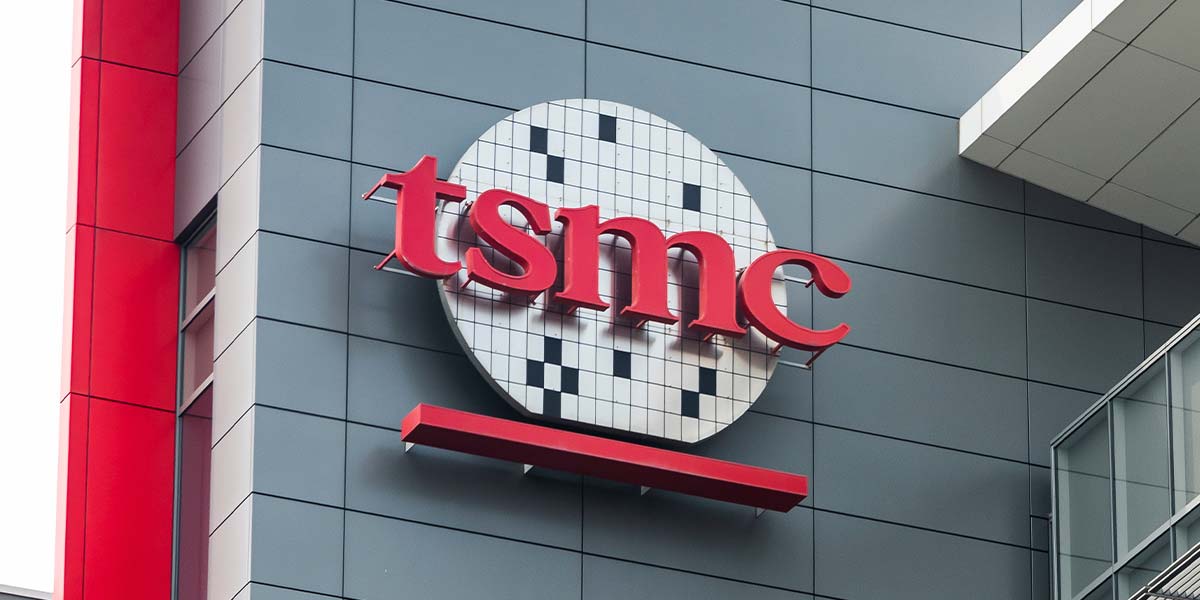Taiwan Semiconductor Manufacturing Company (TSMC) is confident that the new administration will continue funding its chip plant project in the U.S., even if President-elect Donald Trump has called out the chipmaker for allegedly stealing American chip industry.
TSMC has been promised a $6.6 billion award from the CHIPS and Science ACT under Joe Biden’s administration to help build three new chip fabrication plants in Arizona as part of the U.S. effort to domestically produce its semiconductors.
Wendell Huang, CFO of TSMC, said in an interview with CNBC that the company expects the funding to gradually roll out under Trump as the chip plant passes construction and production milestones. He also revealed that TSMC has already received $1.5 billion in the first batch of government funding in the fourth quarter of last year.
After some production delays, the first plant in Arizona began its advanced chips production in 4Q24, said Huang. He later added that the construction of the rest of Arizona plants remained on schedule and that the second plant is set to be operational in 2028.
In May 2020, TSMC announced its first investment in Arizona fabrication plants. The total investment of the three fabricator projects is set to eventually blow over $65 billion.
The majority of the investments were committed after the bipartisan signing of the Chips Act in 2022, promising almost $53 billion of investment into the domestic semiconductor supply chain to compete with China.
While Trump is expected to compete with China and prioritize bringing chip manufacturing to the U.S., many still debate whether the Chip Act would continue under Trump and a Republican-controlled House or not.
Trump has publicly criticized the bill and its cost during his campaign for the 2024 election, arguing that tariffs would have been more effective at bringing chip manufacturing onboard. Furthermore, the President-elect also called out Taiwan for stealing the U.S. chip industry.
Meanwhile, industry experts suggest that Trump is likely to leave the Act mostly untouched, as it received bipartisan support in the House.





